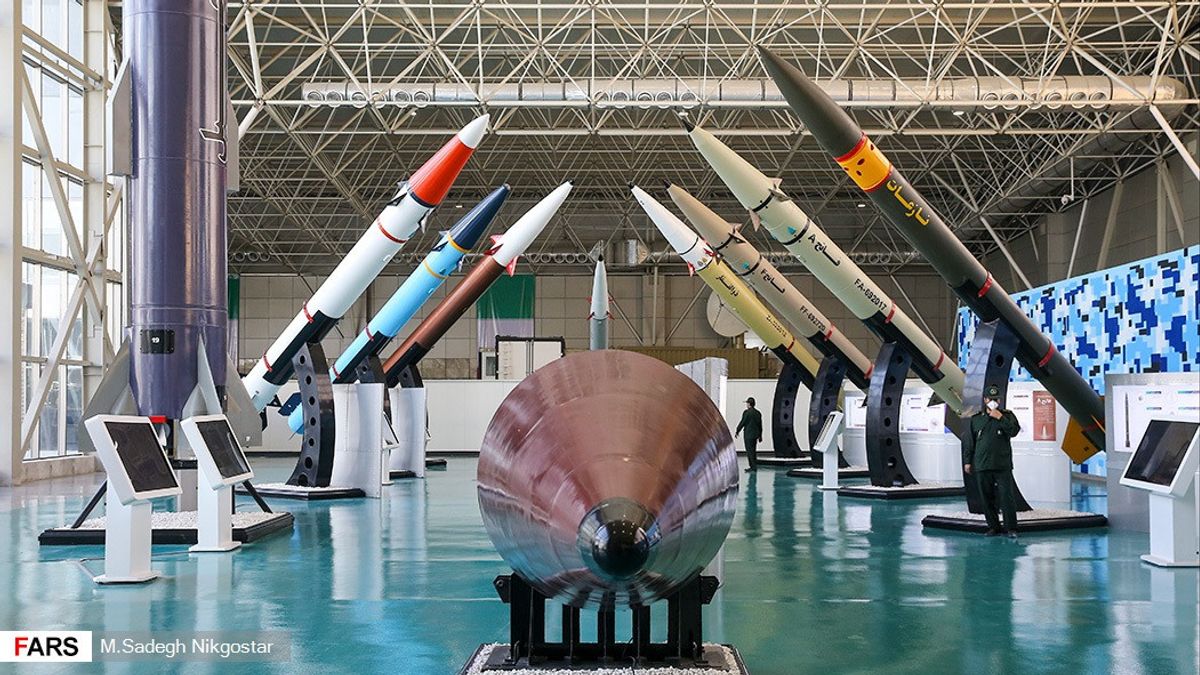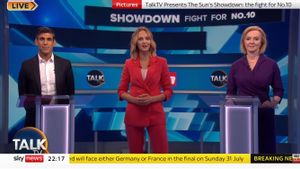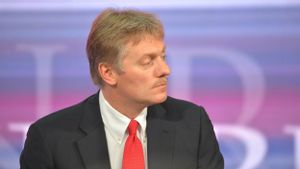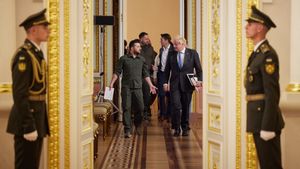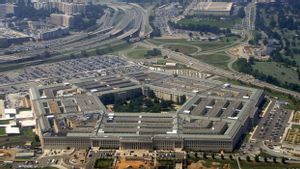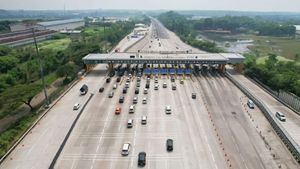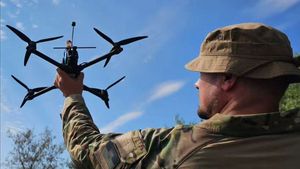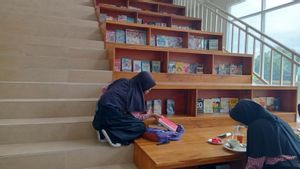JAKARTA - Iran should not be allowed to acquire nuclear weapons, British Prime Minister Boris Johnson and Israel's new leader Yair Lapid said in a phone call on Tuesday.
On the occasion, Britain also pushed for Tehran to return to the deal limiting its nuclear program as soon as possible.
PM Lapid and Johnson discussed the partnership between the two countries and agreed that negotiations over a free trade agreement would take cooperation between the countries to new heights.
The two leaders alluded to Johnson's imminent departure from the position of prime minister, with the British leader reassuring Lapid that British-Israeli relations will continue to be of paramount importance to his successor.
Ukraine was also on the agenda during the call and leaders underlined their support for the Ukrainian people, with Johnson welcoming Israel's humanitarian efforts towards the country.
He also stressed the need for all countries to continue to put pressure on the regime of Russian President Vladimir Putin, including through sanctions.
Separately, EU foreign policy chief Josep Borrell said he had submitted a draft text of the deal on Iran's nuclear program, urging parties to accept it or "risk a dangerous nuclear crisis".
Earlier, Iran warned on Monday it would not rush into a "quick" deal to revive a faltering 2015 nuclear deal with world powers, as negotiations in Vienna remain deadlocked.
"This text represents the best possible deal that I, as a negotiation facilitator, deem worthy," Borrell wrote in the Financial Times.
"This is not a perfect deal, but it addresses all the important elements and includes a hard-won compromise by all parties."
Iran's chief nuclear negotiator Ali Bagheri wrote on Twitter on Tuesday: "The coordinator has shared his ideas for finalizing the negotiations.
"We also have our own ideas, both in substance and form, to conclude the negotiations that will be shared," he continued.
The 2015 Nuclear Deal gave Iran sanctions relief in exchange for curbs on its atomic program to ensure that it could not develop nuclear weapons, an ambition it has always denied.
But after then-US President Donald Trump withdrew from the accord in 2018 and Washington reimposed biting economic sanctions, Iran began to renege on its own commitments.
Talks in Vienna, Austria that began in April 2021 to restore the deal have been stalled since March amid differences between Tehran and Washington.
The two sides negotiate indirectly through the EU coordinator. Borrell said the draft text "addresses, with appropriate detail, the lifting of sanctions as well as the nuclear steps necessary to restore" the deal.
VOIR éGALEMENT:
He said it may not address all US concerns about Iran, and that there are serious doubts in Tehran about implementing the deal "after the negative experiences of recent years". But, he said the decision had to be made now.
"If the deal is rejected, we risk a dangerous nuclear crisis, running counter to the prospect of increasing isolation for Iran and its people," he said.
The English, Chinese, Japanese, Arabic, and French versions are automatically generated by the AI. So there may still be inaccuracies in translating, please always see Indonesian as our main language. (system supported by DigitalSiber.id)
